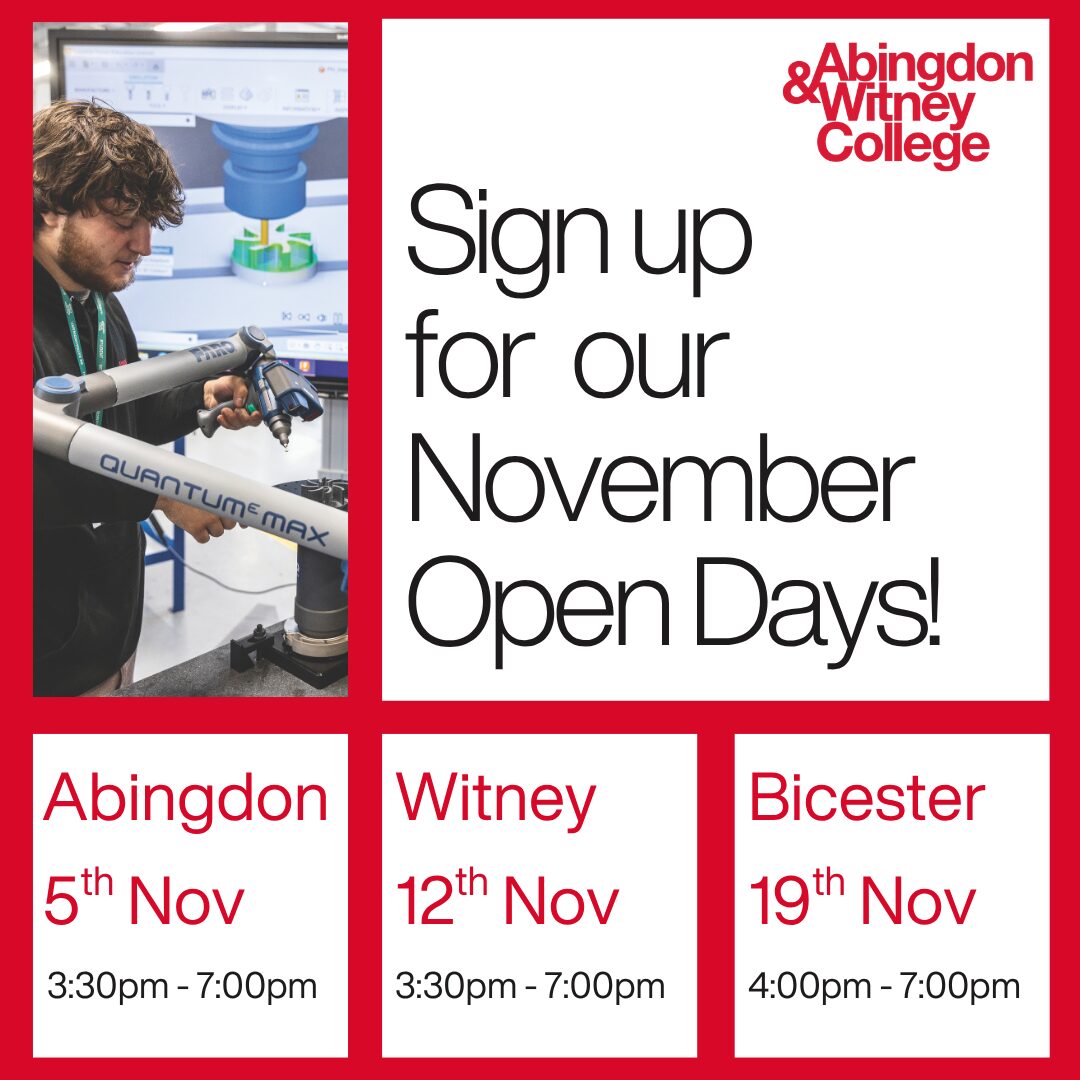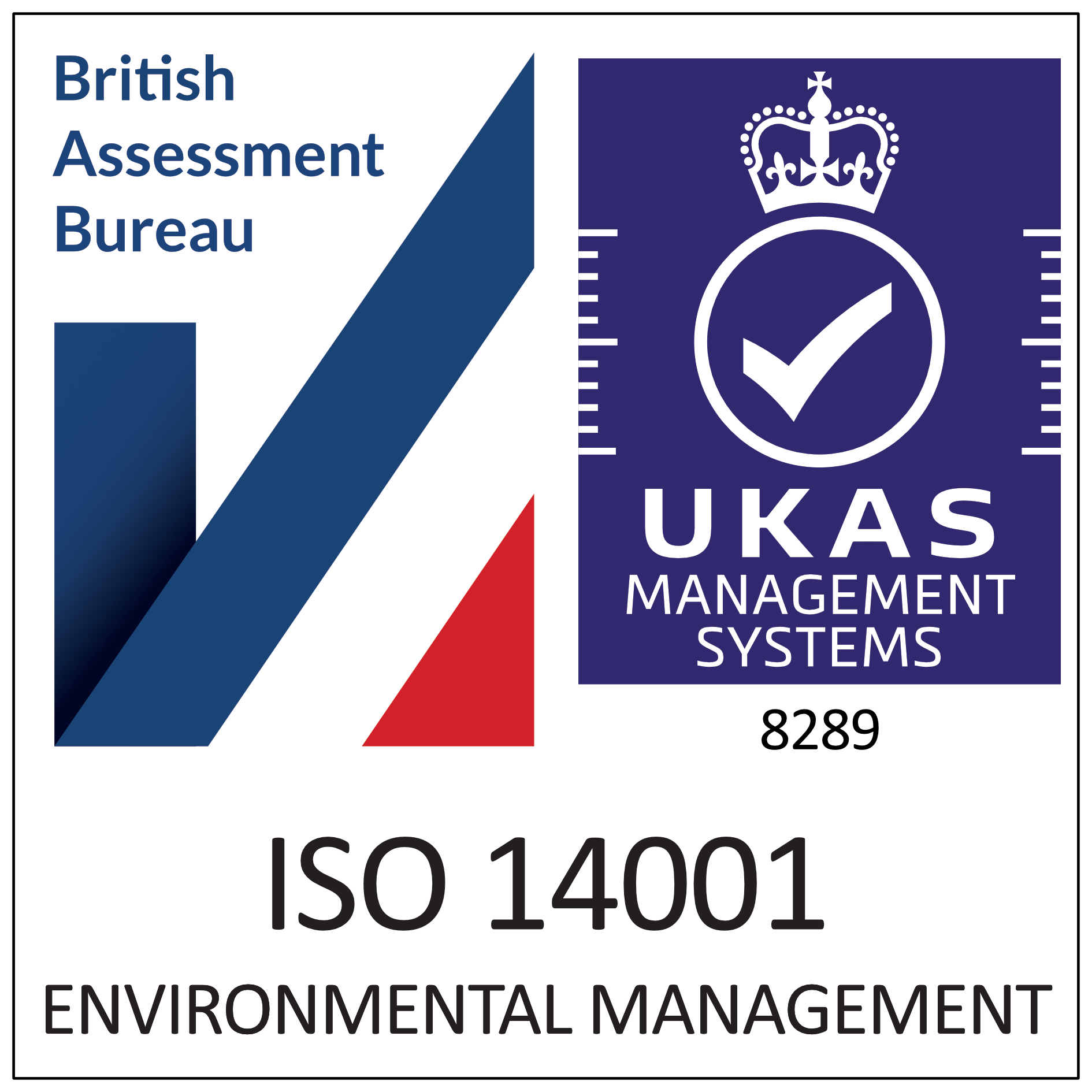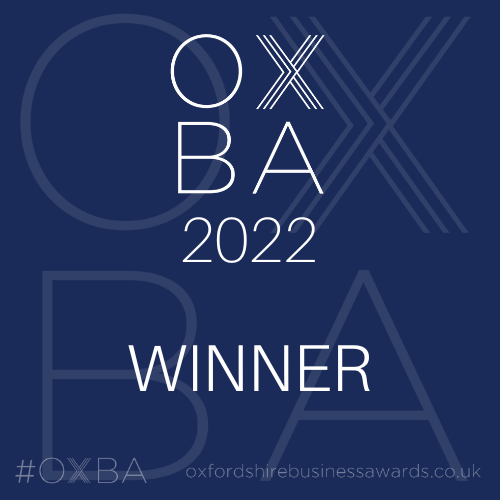
Our November Open Days are now live!

Our November Open Days are now live!
Search our website for news, courses, and general information
Course code: P05503
Subject area: Construction
Study level: School Leaver
Course level: 2
Course time:
09:00 - 17:00
Days of week:
Monday to Friday
Course date:
8th Sept 2025 - 3rd Jul 2026
Course location:
Abingdon CampusHealth and safety in building services engineering: you will acquire the essential health and safety knowledge and skills to demonstrate best practice in a building services engineering environment or sector. This unit provides you with an awareness of relevant legislation and should underpin all building services engineering activities you take part in.
Principles of Electrical Science: you will learn the basic principles of electrical science, providing you with the foundation knowledge for electrical installations which can be applied when designing wiring systems for clients and inspecting and testing electrical installations.
Electrical Installations Technology: you will gain an understanding of industry standards and the underpinning principles and requirements of electrical installation technology. You will learn about sources of information and the types of information they provide about wiring systems. You will also learn about earthing systems and the installation of wiring systems.
Installation of wiring systems and enclosures: you will develop the skills required to install wiring systems to recognised standards, learning to use tools and materials effectively in completing well defined tasks for electrical installations. In addition to learning to install systems, you will also develop skills to inspect and test wiring systems.
Understand how to communicate with others within building services engineering: you will learn about the development and continued maintenance of effective working relationships in the building services industry associated with work in dwellings, industrial and commercial premises and for private and contract type clients.
As part of your course we may organise trips to assist you with your learning. Trips are optional, and you will not be penalised if you choose not to participate.
There are bursaries available to help you with other course costs. Call 01235 216 212 for more information.
The rules on fee reduction are complicated and we would encourage you to talk to our Admissions staff on 01235 216 400 to discuss your options. You can find more information on our Fees and Bursaries page - search "Fees and Bursaries" at the top of the page.
£0.00
£4,358.40
£0.00








